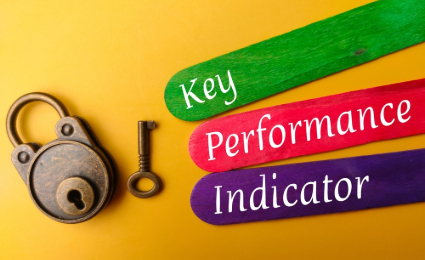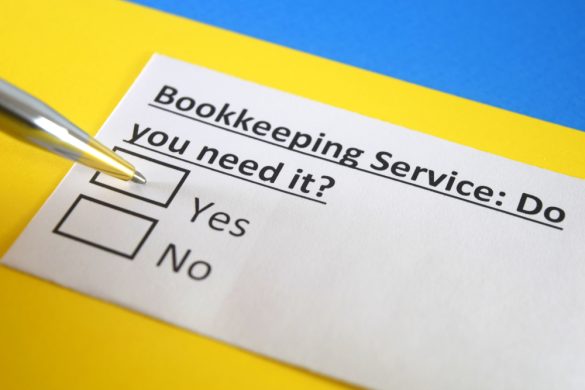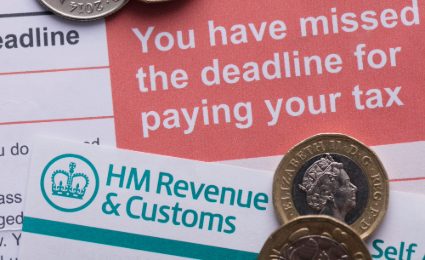Accounting Compliance Services
Here you can find our business and personal accountancy services, from Year End Accounts and Management Accounts, to Bookkeeping, Corporate Tax, VAT, Payroll (PAYE), CIS, Personal Tax and HMRC investigations.
Annual Year End Accounts
Year End Accounts, Statutory Accounts, or Annual Accounts
Dreading the annual accounts mountain? Fear not, weary business owner! Here’s your guide to a smooth ascent, packed with actionable tips and a sherpa team of expert accountants ready to guide you every step of the way.
Know Your Deadline: Your summit lies 10 months after your company’s financial year end, usually the last day of the month you incorporated. So, if you scaled the entrepreneurial peak on August 22nd, your target date is August 31st.
Gather Your Gear: To conquer this climb, equip yourself with these essential documents:
- Purchase orders and receipts: Proof of your expeditions into the procurement realm.
- Sales orders and invoices: Evidence of your conquests in the customer domain.
- Bank statements: The trusty map revealing your financial flow.
- Suppliers’ statements of account: Detailed reports from your trusted allies.
Don’t let your business get ahead of your accounting. Keep your books up-to-date and in order.

Management Accounts
As a business owner, you know that managing your finances is essential to the success of your company. But with so many different aspects to keep track of, it can be hard to know where to start.
That’s where our management accounts service comes in…Management accounting is a specialized field of accounting that focuses on providing information to help managers make decisions about the operation and management of their businesses.
Businesses within merchandising, manufacturing and service industries would benefit hugely from management accounts, but any companies that need to plan, budget or analyze income reports should use managerial accounting. If expenditure and income are not correctly reported, how can one really know their profit?
Stop Guessing, Start Knowing: Unlock Your Business Potential with Management Accounts

Bookkeeping
Bookkeeping is an important part of the financial management of a business, helping keep track of outgoing expenditure and income. Bookkeeping is the act of reporting, classifying, and summarizing expenditure and income, helping you to manage and monitor your liabilities and assets.
There is bookkeeping software out there that can help businesses with this important task, you may already be using one of them. If you need any guidance, or wish to take advantage of some cost savings through subscribing through us, please speak to a member of the team.
Don’t let your business get ahead of your accounting. Let us help you keep your books up-to-date and in order.

Payroll Preparation, P.A.Y.E. and N.I.
With our experience, our dedicated payroll services can save you time and offers peace of mind.
Your responsibility is to help us to manage your company payroll efficiently and accurately. This will help you to avoid any penalties or fines from HMRC.
Rubbish in rubbish out “: consider what we will need from you…you’ll find a helpful list by clicking here.
Sending out payslips
- Paper – by post: traditional, however an additional cost for postage may need to be added.
- Email – employees need an email account for these to be sent to, and we will need their email addresses and names. No extra cost required.
- Online portal – Dropbox: we can upload your employees’ payslips and provide you and your employees access to view and download. No extra cost required.
Ditch the Payroll Paperwork Jungle and Embrace Serenity!

Construction Industry Scheme (CIS)
Confused by Contractor vs. Subcontractor? Don’t Sweat the CIS Identity Crisis!
We at Ridgell & Guildway Accountants can help you identify what your CIS status is.
CIS for Contractors
- We will register your business as a contractor with HMRC
- to verify new subcontractors and inform you of the correct tax deduction rate
- We’ll remind you every month when its time to file your CIS return
- Check CIS tax deductions
- Complete payment and deduction statements – to provide to your subcontractors
- Submit your monthly CIS returns to HMRC
- Provide ongoing advice and support
CIS for Subcontractors
- We will Identify whether you are a subcontractor or employee
- Register your business as a subcontractor with HMRC
- Reconcile all CIS deductions with your sales invoices
- Complete your tax returns
- Calculate refunds and chase up any tax repayments with HMRC
- Discuss with you whether gross payment status is suitable and if so, register you for gross payment status
- Provide ongoing advice and support

Tax Compliance
Tax Compliance… what makes it simple? A good, qualified tax accountant. Or time, knowledge, and consistency.
The UK tax system is complex, often changing and can be difficult to understand and adhere to for both businesses and individuals. The main issues for most small businesses are lack of resources, in terms of time and personnel, and awareness.
Key causes of non-compliance are
- Keeping accurate records.
- Filing tax returns on time.
- Paying taxes on time (which saves money from avoiding penalties and interest)
- Having and maintaining accurate and up-to-date bookkeeping records – a key component of tax compliance.
So, what can a tax accountant do for you?
- Advise on the correct tax structure for your business.
- Prepare and file tax returns – on time.
- Deal with tax enquiries.
- Appeal against tax assessments.

Tax Investigations and Queries
It can be hugely stressful to receive a letter from Her Majesty’s Revenue & Customers (HMRC) stating that they are investigating the finances of your business.
If this has happened to you, it is important to cooperate fully and to provide all the information that is requested. You should also seek professional advice from a qualified accountant as soon as possible.
Tax investigations can be triggered by several factors, including:
- Inconsistencies in tax returns: If HMRC identifies inconsistencies in a taxpayer’s tax return, it may trigger an investigation.
- Data analysis: HMRC uses data analysis to identify taxpayers who may be at risk of tax avoidance or evasion.
- Random checks: HMRC also conducts random checks on taxpayers. This helps to ensure that the tax system is fair and that everyone is paying their fair share of tax.
If you need help in responding to an HMRC tax investigation, in terms of reviewing previous tax returns, data analysis and liaising with HMRC on your behalf, please get in touch.

